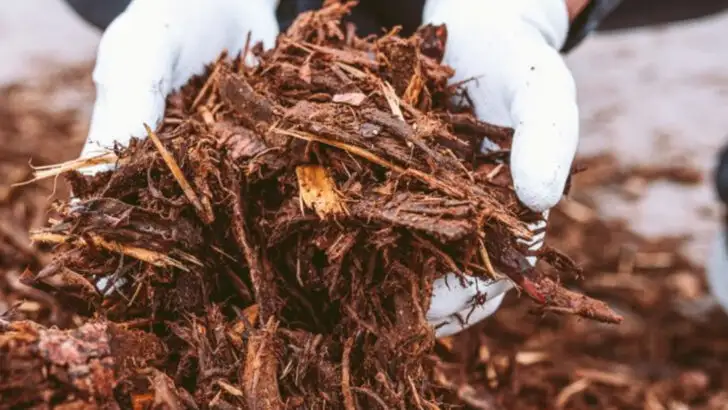You’ve spent weeks planting, watering, and tending your garden—but something still feels off. The plants look tired. Yields are low. And somehow, all your effort doesn’t match the results. Sound familiar? The truth is, even the most dedicated gardeners make critical mistakes that quietly sabotage their work—season after season.
From poor timing and overwatering, to choosing the wrong varieties for your climate, these common errors often hide in plain sight. They don’t always kill your plants—but they slowly drain your energy, money, and enthusiasm. And worst of all, many of them are passed down as bad habits or outdated advice that no longer applies in today’s growing conditions.
This guide breaks down 16 all-too-common mistakes that waste your hard work—and more importantly, shows you exactly how to avoid them. Whether you’re a beginner or a seasoned grower, learning what not to do can be just as powerful as knowing what to plant. Ready to work smarter—not harder—this season? Let’s dig in.
Overwatering Plants
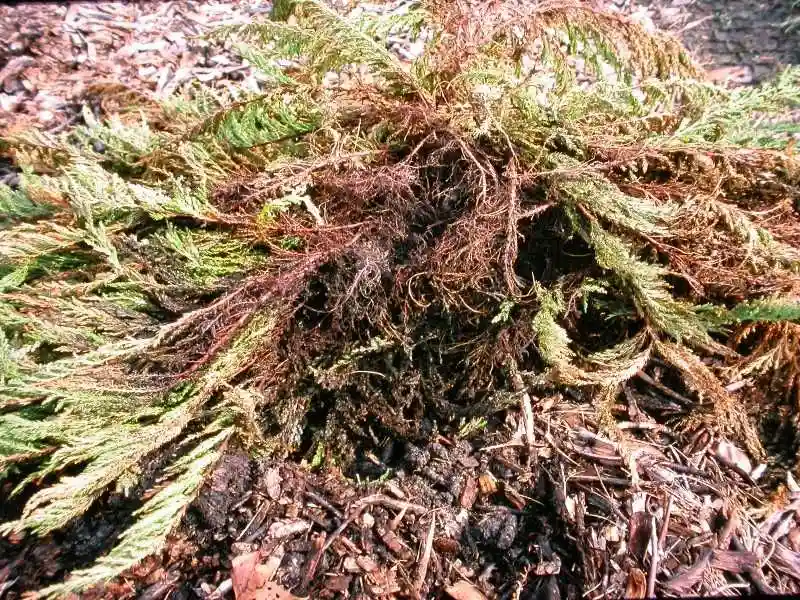
Waterlogged soil and drooping leaves are telltale signs of overwatering. Plants need just the right amount of moisture to thrive. While it might seem like more water equals better growth, excess water can drown roots and encourage rot.
Instead of a daily water routine, assess soil moisture by touching the soil. If it’s dry a couple of inches down, it’s time to water. Consider using a moisture meter for accuracy.
Balancing water needs with the plant’s requirements is crucial. Did you know? Some plants, like succulents, prefer dry spells between watering.
Planting in Poor Soil
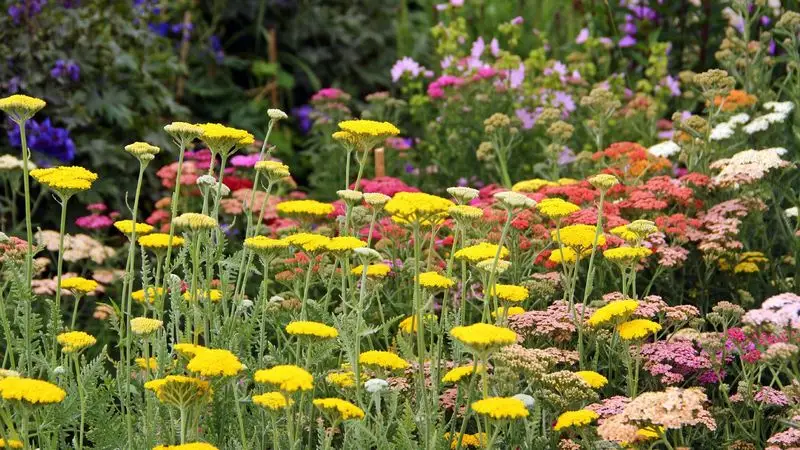
Healthy soil is the foundation of a thriving garden. Ignoring soil quality can lead to stunted growth. Poor soil often lacks the nutrients plants crave, making it hard for them to establish strong roots.
Conducting a soil test can offer insights into what’s missing. Amending soil with organic matter like compost can boost its fertility and structure.
Investing in soil health pays off in vibrant plants. Fun fact: Earthworms are natural soil enhancers, aerating the ground and enriching it with nutrients as they burrow through.
Ignoring Sunlight Requirements
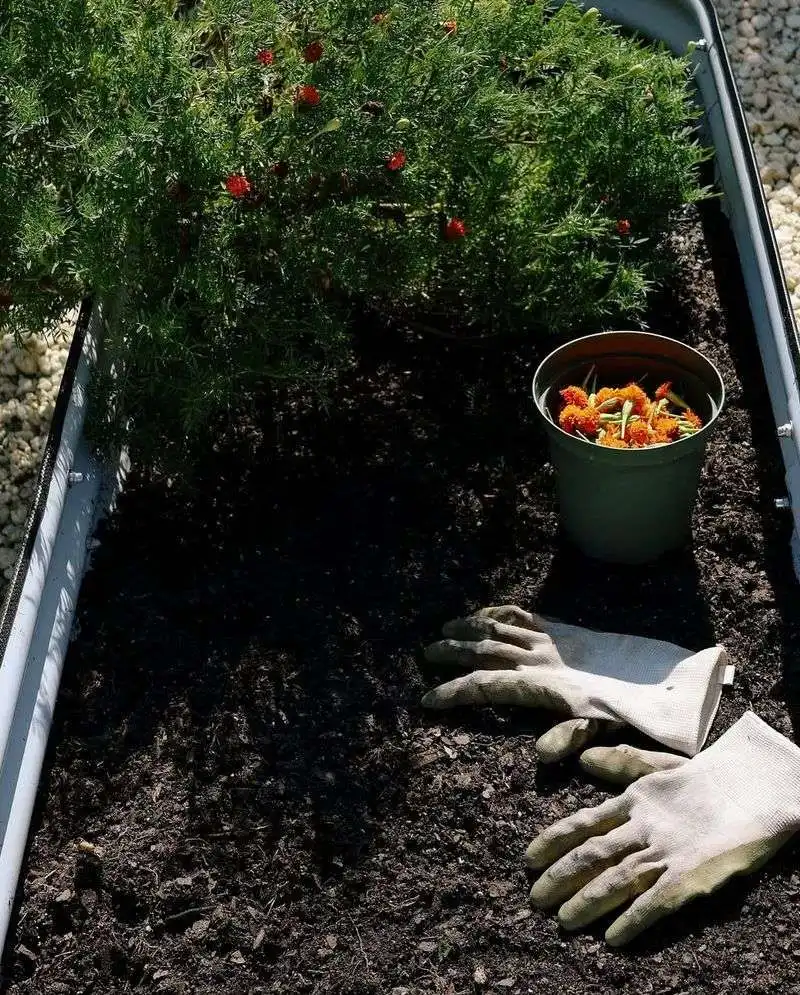
Sunlight is a critical factor in plant growth, yet it’s often misunderstood. Placing sun-loving plants in shade or vice versa can impede their development. Each plant has its unique light needs.
Before planting, take note of your garden’s sun exposure throughout the day. Pair plants with their ideal sun conditions to promote healthy growth.
Also, be aware of seasonal changes. In summer, the sun’s angle is higher, affecting shadow patterns. Remember, a well-situated plant is a happy plant!
Crowding Plants
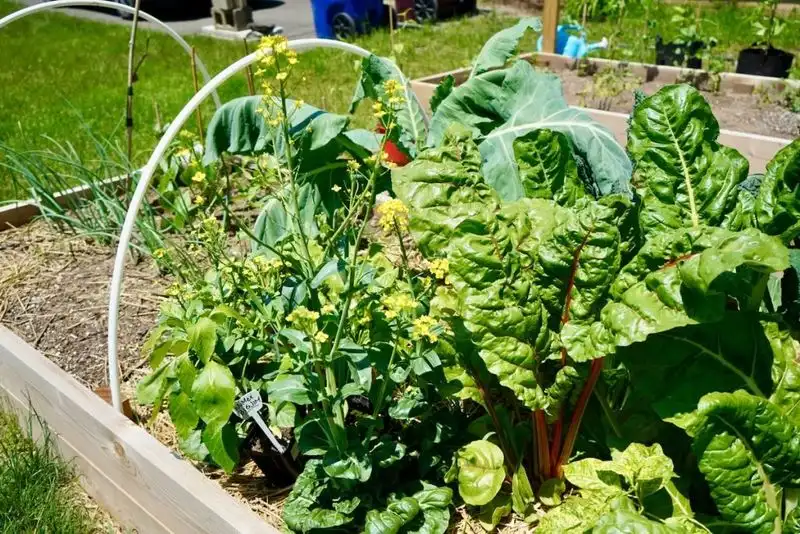
Crowding plants can lead to competition for resources, stunting growth and inviting pests. Each plant requires adequate space to spread its roots and leaves.
Refer to plant spacing guidelines on seed packets or plant tags for optimal growth. Proper spacing allows for airflow, reducing the risk of disease.
Thinning seedlings can seem harsh, but it’s necessary for robust plants. Thoughtful placement encourages healthier and more productive gardens. Remember, less sometimes means more in gardening.
Neglecting Mulch
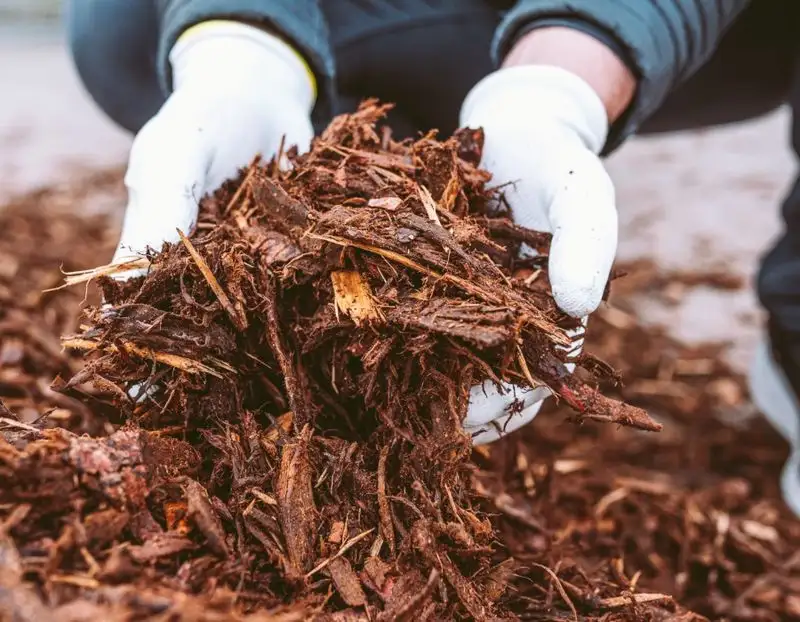
Mulch is a gardener’s friend, offering numerous benefits. It’s often overlooked, yet it conserves moisture, suppresses weeds, and regulates soil temperature. By neglecting mulch, you might find yourself battling weeds and watering frequently.
Spread a layer of mulch around your plants, keeping it a few inches away from stems to prevent rot. Organic mulches, like wood chips or straw, decompose to enrich the soil.
Mulching isn’t just practical; it enhances the garden’s aesthetic appeal, providing a neat and tidy look.
Over-fertilizing
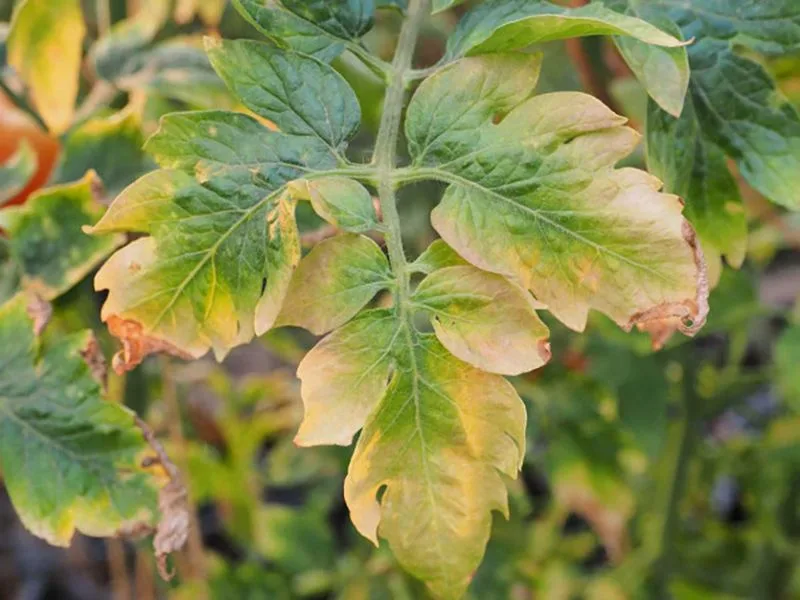
Over-fertilizing might seem beneficial, but excess nutrients can harm plants. Lush, green foliage might grow, but blooms and fruits can suffer.
Follow package instructions and adjust based on plant needs. Conducting a soil test can guide you in using the right amount.
Nutrient burn from over-fertilization is a risk, showing symptoms like brown leaf edges. Remember, less is more with fertilizers, and organic options often offer a gentler alternative.
Ignoring Pest Management
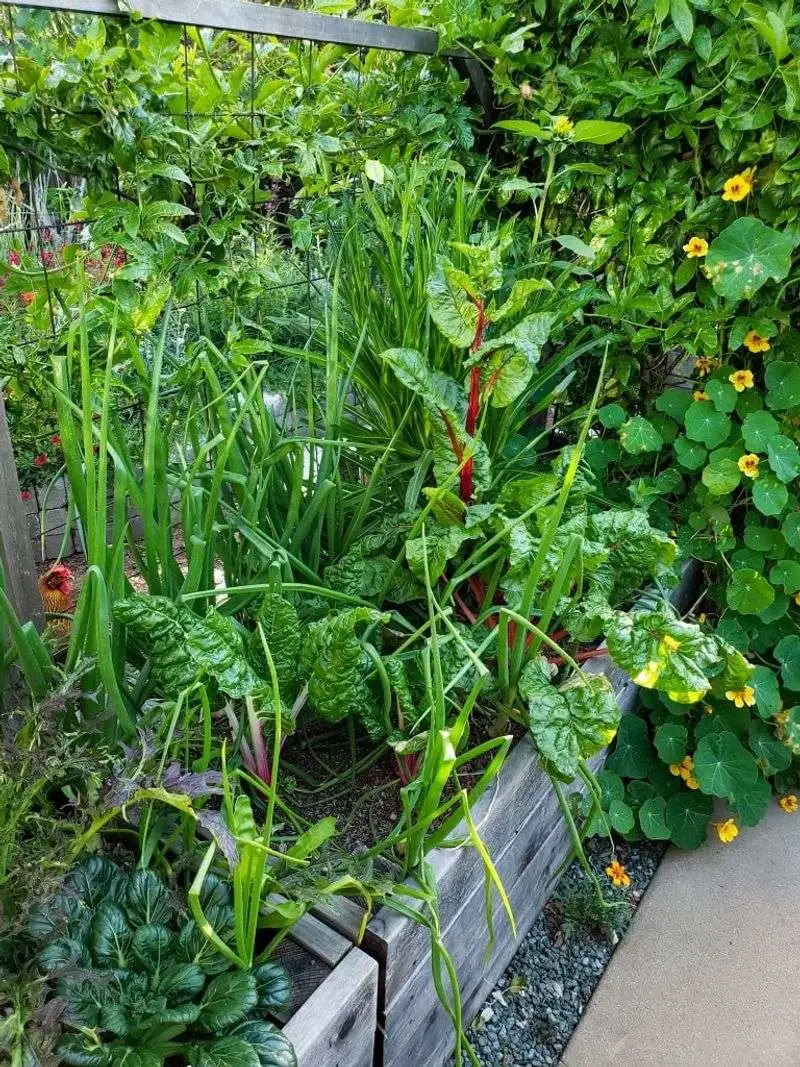
Pests can wreak havoc if left unchecked, turning a thriving garden into a battlefield. Regular inspection is key to early detection.
Consider adopting integrated pest management, a balanced approach using natural predators, barriers, and organic sprays. Avoid broad-spectrum pesticides that harm beneficial insects along with pests.
Keep in mind, healthy plants are more resilient to pest attacks. Fun tidbit: Ladybugs are voracious aphid eaters!
Using Non-Native Plants
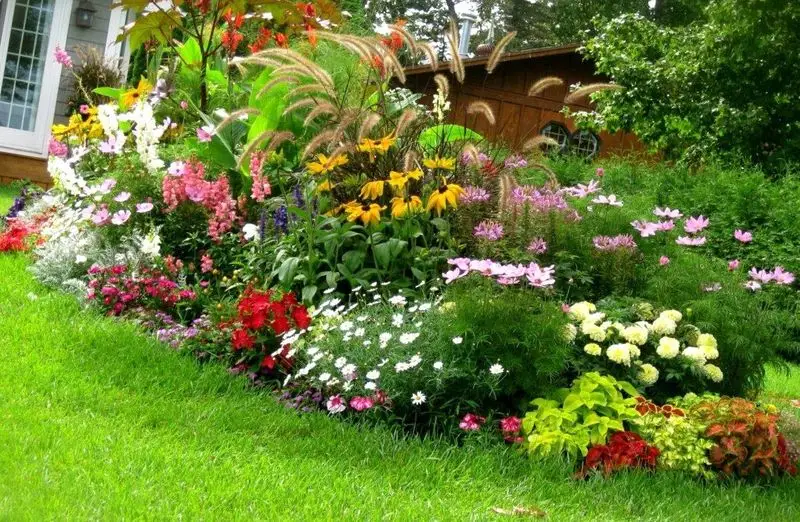
Non-native plants might appear appealing, but they can struggle outside their ideal habitat. These plants often require more resources and care to thrive.
Opt for native species that are naturally adapted to local conditions. They are more resilient, attract beneficial insects, and require less maintenance.
Researching before planting can save time and effort, leading to a more sustainable garden. Native plants support local ecosystems, too!
Skipping Seasonal Cleanup
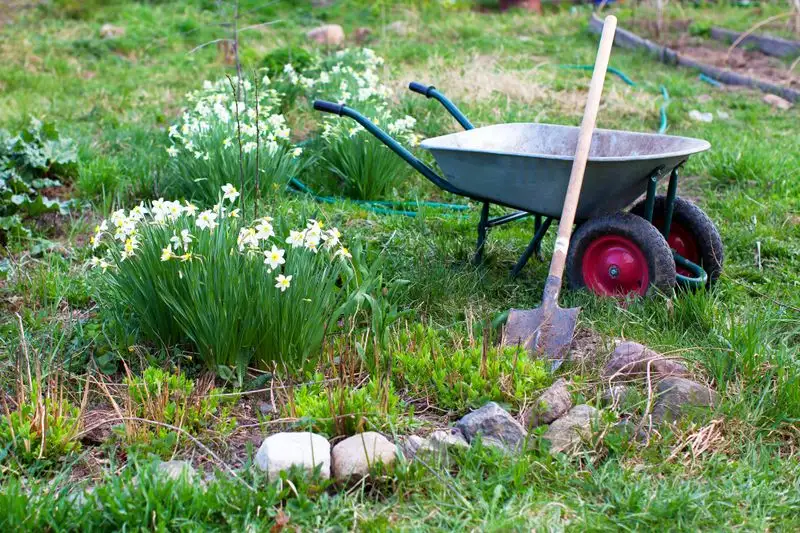
Neglecting seasonal cleanup can lead to pest infestations and diseases. Old plant material can harbor insects and pathogens over winter.
Remove dead plant debris in fall and spring to promote healthy growth. Composting this material can return nutrients to your garden.
Regular maintenance keeps gardens vibrant and resilient. Did you know? Many insects overwinter in garden debris, emerging in spring to feast!
Ignoring Plant Labels
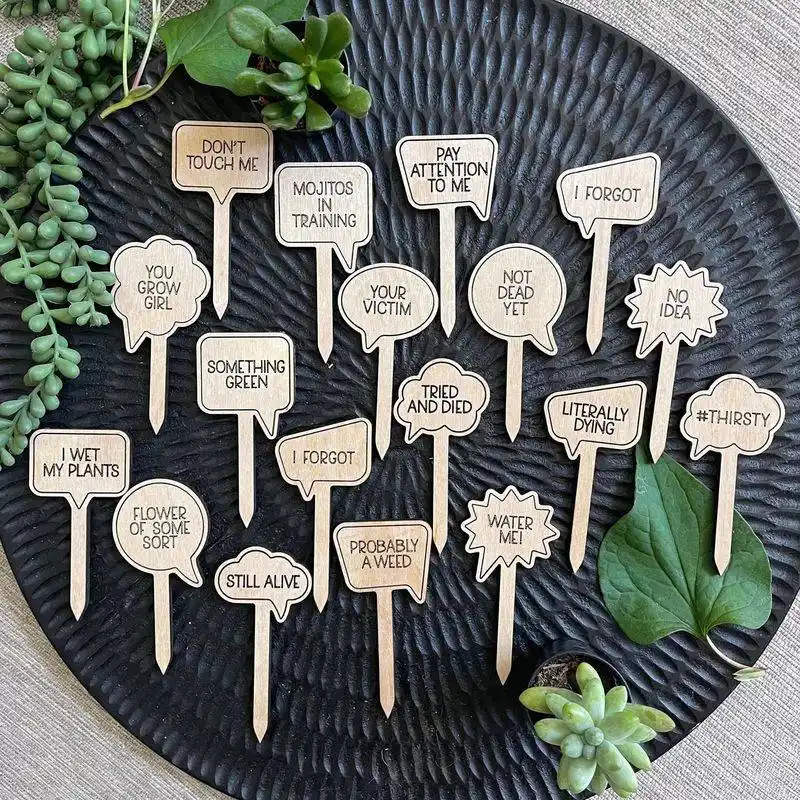
Plant labels provide valuable information but are often overlooked. Ignoring them can lead to mismatched conditions and poor growth.
Take note of plant needs such as light, water, and spacing. Align these with your garden’s conditions for healthier plants.
Labels are like instruction manuals for your plants, ensuring they thrive under the right care. Remember to save them for future reference!
Not Rotating Crops
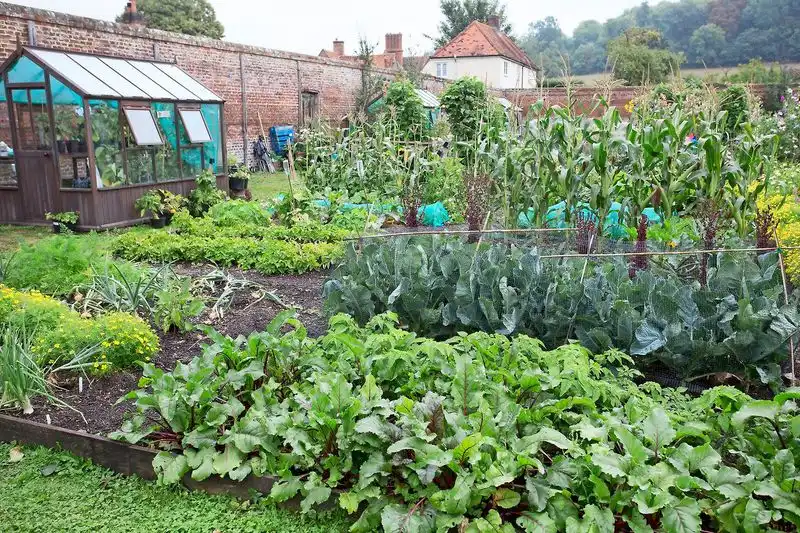
Crop rotation is crucial in preventing soil depletion and disease buildup. Planting the same crops repeatedly can lead to nutrient deficiencies and pest problems.
Rotate plant families each season to maintain soil health and break pest cycles. This practice also supports soil fertility and structure.
Planning ahead for crop rotation can increase yields and reduce pest pressure. Fun fact: Legumes fix nitrogen in the soil, benefiting subsequent crops!
Pruning Mistakes
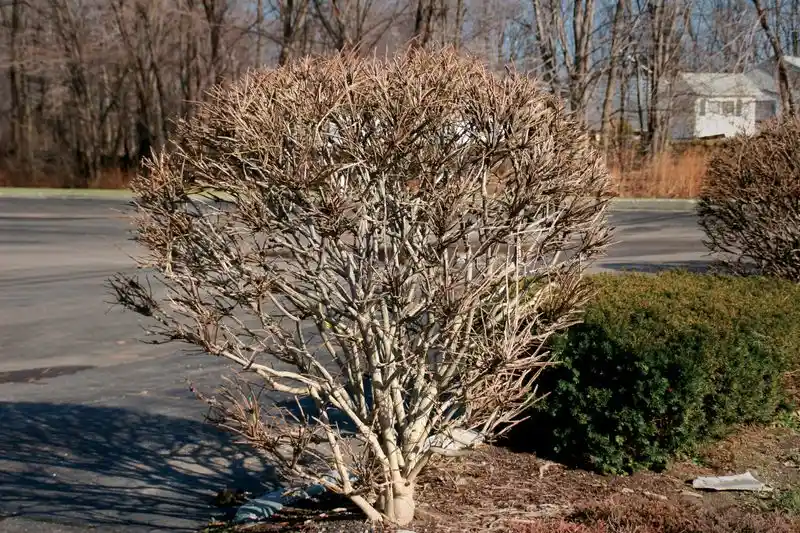
Pruning is essential for plant health, but improper techniques can cause harm. Over-pruning or incorrect timing can stunt growth and reduce flowering.
Research specific pruning needs for each plant. Tools should be sharp and clean to make precise cuts.
Effective pruning encourages robust growth and improves air circulation. Proper timing ensures healthy blooms and fruiting. It’s an art worth mastering.
Ignoring Plant Diseases
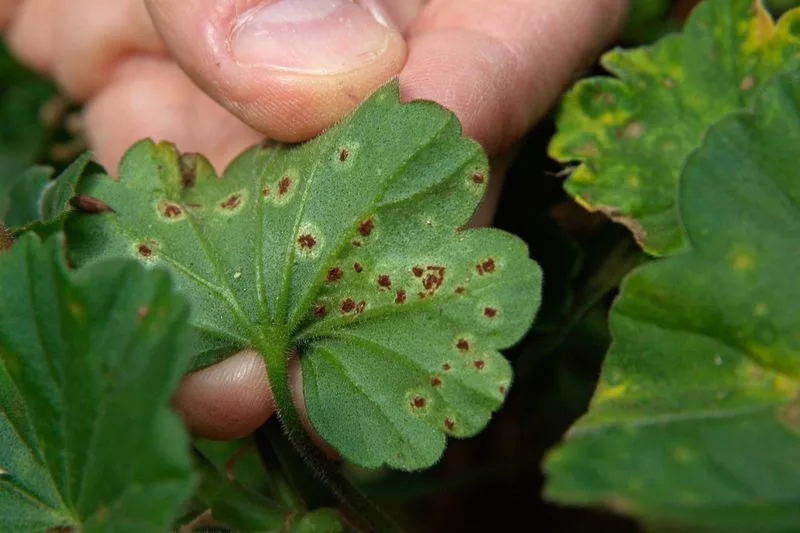
Ignoring signs of plant disease can lead to widespread problems. Yellowing leaves, wilting, or spots often indicate underlying issues.
Early detection through regular inspection can prevent disease spread. Remove affected parts and employ organic treatments when necessary.
Healthy plant practices like proper watering and spacing reduce disease risks. Fun fact: Baking soda can help combat powdery mildew!
Planting too Early or Late
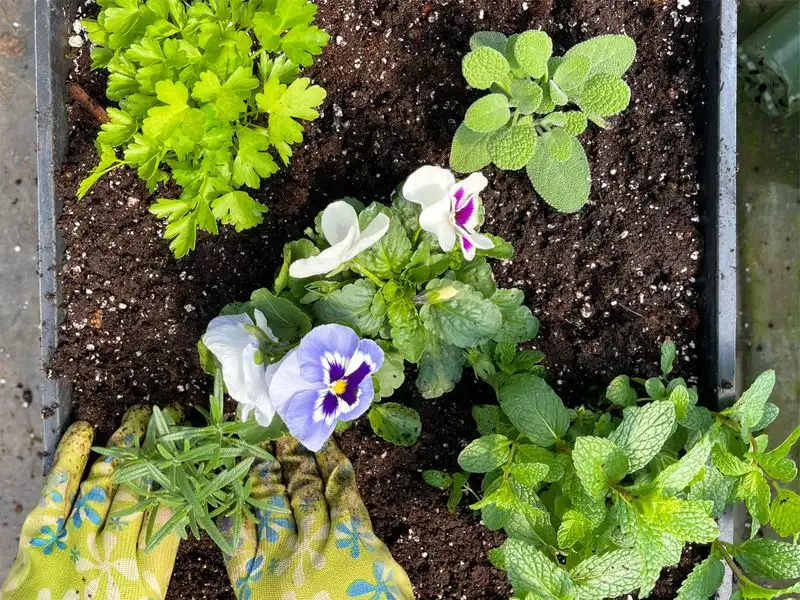
Timing is everything in gardening. Planting outside recommended times can expose plants to unfavorable weather.
Check local planting calendars and observe weather patterns to determine the best time to plant. Frost dates are crucial to avoid damage.
A well-timed garden is more productive and resilient. Remember, patience pays off when planting with the seasons.
Improper Tool Maintenance
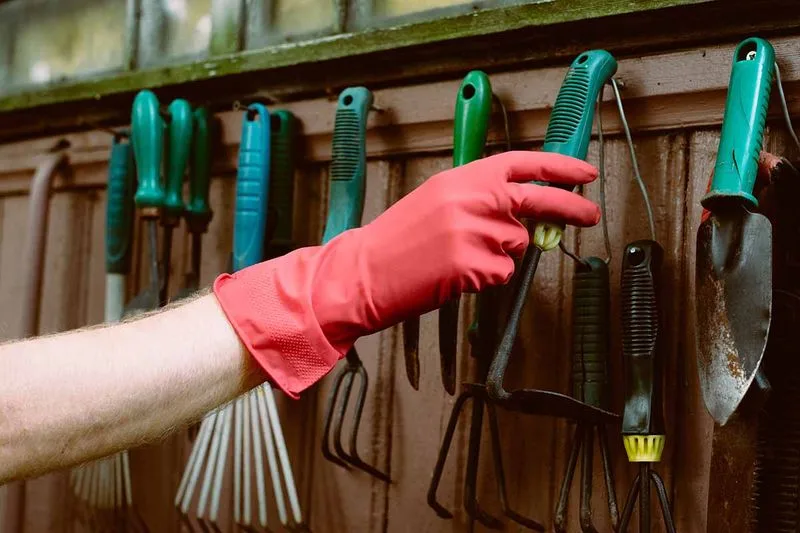
Tools are an extension of the gardener’s hand, yet they are often neglected. Rusty or blunt tools can harm plants and make gardening tasks cumbersome.
Regular cleaning and sharpening keep tools effective and safe to use. Store them properly to prevent rust and damage.
Well-maintained tools enhance gardening efficiency and plant health. Fun fact: Oiling wooden handles prevents cracking and extends their life!
Ignoring Companion Planting
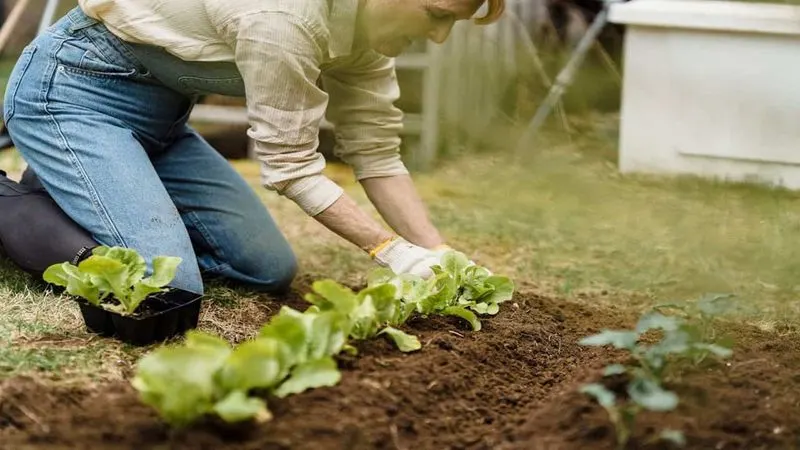
Companion planting leverages plant relationships to enhance growth and pest control. Ignoring it can lead to missed opportunities for natural garden synergy.
Research compatible plant pairings to make the most of this strategy. Some plants deter pests or enhance each other’s flavors.
Utilizing companion planting fosters a more balanced and self-sufficient garden. Fun tidbit: Marigolds can repel nematodes and deter many garden pests!

